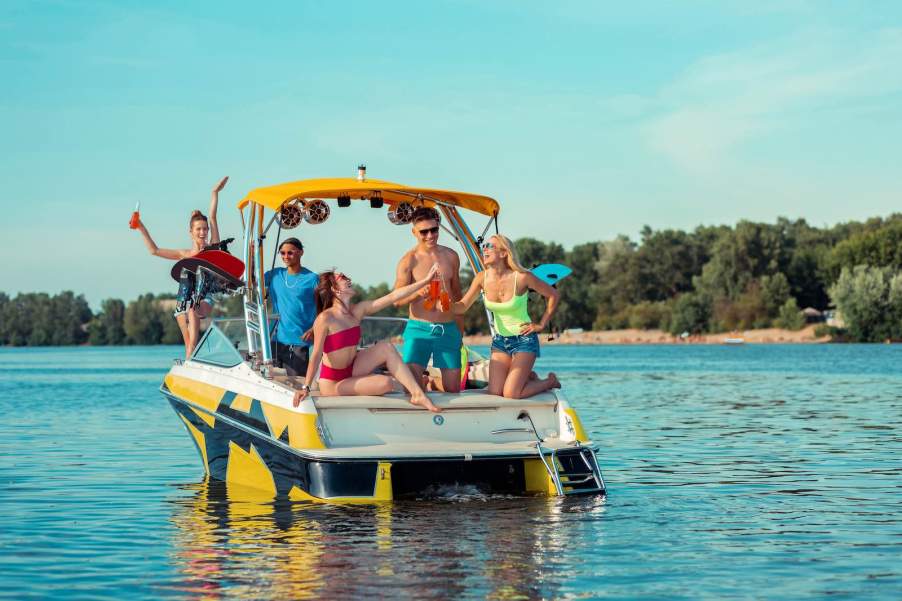
Can You Get Pulled Over for Driving a Boat Drunk?
I’ll never forget the first time I got “pulled over” in a boat. It was the Fourth of July weekend and a group of us were in a motorboat traveling from one island to the next. A Coast Guard boat emerged from the water traffic, pulled in behind us, lit up flashing lights, and sounded a siren. A voice boomed over a loudspeaker, “Pull over!” With no breakdown lane in sight I only had one response, “Pull over where?”
The Coast Guard officers explained we should steer out of the marked lane of travel between islands and cut the power. So we did just that. Then they pulled up beside us. I expected a life jacket inspection or a more serious search. But they only had one question: “Had the skipper been drinking?”
The truth is that all 50 states in the U.S. have laws against Boating Under the Influence. I suggest we call the crime a BUI and pronounce it like “Buoy.” All joking aside, the U.S. Coast Guard reports that about half of boating fatalities involve alcohol. That’s right, drinking and boating is killing people. So it makes a bit more sense why the Coasties were stopping boats to question folks.
In fact, when I worked in a harbor, I saw boats come in after Fourth of July weekend, all smashed up from collisions with boats whose drivers were drunk. Luckily no one was hurt. But the damage was brutal.
You can learn more about the consequences of boating under the influence in the video embedded below:
So who is going to enforce BUI laws? As I’ve said, the U.S. Coast Guard may stop you and conduct a field sobriety test. But they are not the only ones.
Whatever agencies have jurisdiction on the body of water where you are boating can enforce BUI laws. So this may be game wardens or park rangers. It may even be state or city officials. It just depends on where you are boating. But yes, you absolutely can get “pulled over” for driving your boat drunk.



